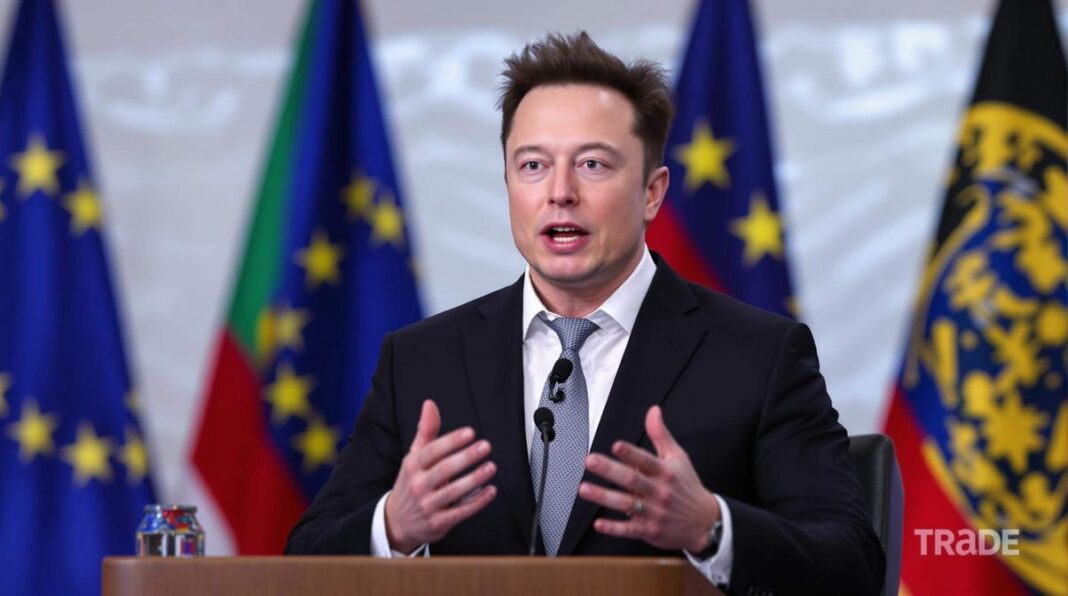Tesla CEO Elon Musk has proposed creating a zero-tariff trade zone between the United States and Europe, aiming to enhance global trade relations and foster economic growth between the two regions.
“I hope it’s agreed that both Europe and the United States should move ideally, in my view, to a zero tariff situation, effectively creating a free-trade zone between Europe and North America,” Musk stated in his recent push for free trade.
The proposal comes at a time when the U.S. has implemented a 20% tariff on European Union goods, particularly affecting nations like Italy that maintain a trade surplus with the United States.
A zero-tariff agreement could potentially reduce costs for businesses on both sides of the Atlantic, making their products more competitive in the global market while offering consumers access to lower-priced goods.
The initiative shares similarities with previous trade agreements, such as the Transatlantic Trade and Investment Partnership (TTIP). The current U.S.-EU Trade and Technology Council (TTC) could serve as a platform to advance discussions on reducing technical barriers and promoting cooperation.
However, implementing such a zone presents significant challenges, including the need to align regulatory frameworks between the U.S. and Europe, and addressing concerns about protecting domestic industries that currently benefit from tariff protection.
Musk’s advocacy for open trade appears to contrast with his growing connections to European far-right political movements, which typically favor protectionist policies. Despite these apparent contradictions, his proposal reflects a broader vision for economic integration and enhanced transatlantic cooperation.
As discussions continue, policymakers and business leaders are evaluating the feasibility of Musk’s proposal while considering its potential impact on international commerce and domestic economies.


